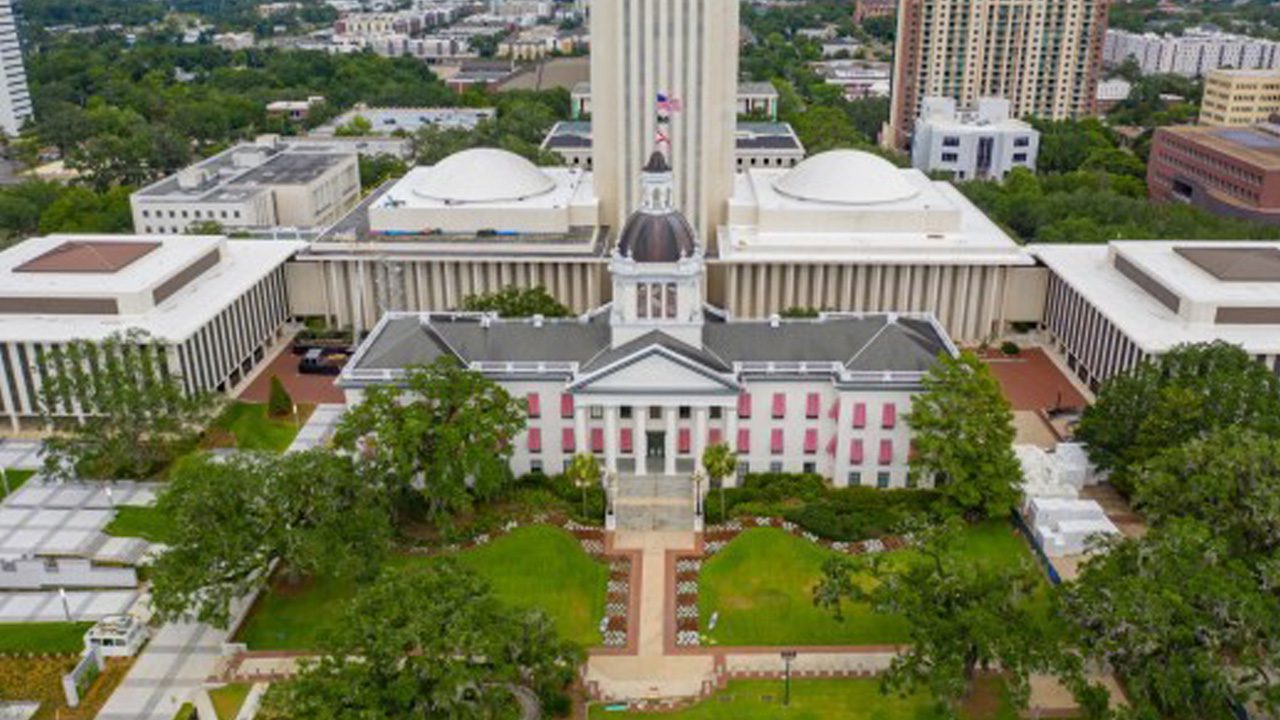
Florida toughens its street-racing, school-safety laws
Orlando Sentinel | By News Service of Florida | May 7, 2024
TALLAHASSEE — Measures to toughen penalties for street racing and bolster school safety were among bills Gov. Ron DeSantis signed into law, his office revealed late Monday.
SB 1764 targets “coordinated” events where 10 or more vehicles are involved in street takeovers. It will increase fines and potential jail time for people who participate.
Rep. Doug Bankson, an Apopka Republican and bill co-sponsor, said in March that life-threatening street racing is increasing statewide because of popular video games and movies.
The “young population are emboldened to emulate what they’re seeing on the screen, whether it be the movie screen, TV screen or computer screen,” Bankson said. “The problem is that life does not allow a do-over with a simple push of a button.”
Rep. Kiyan Michael, a Jacksonville Republican who co-sponsored the bill, said current penalties have not been a deterrent for many people.
Under the bill, for example, maximum fines for first-time offenses will increase from $1,000 to $2,000. People who commit second offenses within a year could face third-degree felony charges, up from a first degree misdemeanor charge. The bill will take effect July 1.
DeSantis also signed a school-safety measure (HB 1473) that, in part, sets new perimeter and door-safety requirements that must be in place before next school year.
A House staff analysis said the bill will require entryways to be closed and locked when students are on campus and “actively staffed” when open or unlocked.
Also, the measure will require people who intend to fly drones over schools to first get permission from school officials.
Violators will face second-degree misdemeanor charges, with first-degree misdemeanors for subsequent violations. Penalties will be more severe for people who fly drones over schools to capture video.
Florida law already bars people from operating drones over what are known as “critical infrastructure” facilities, which include power generation or transmission facilities, wastewater treatment plants, airports and seaports.





